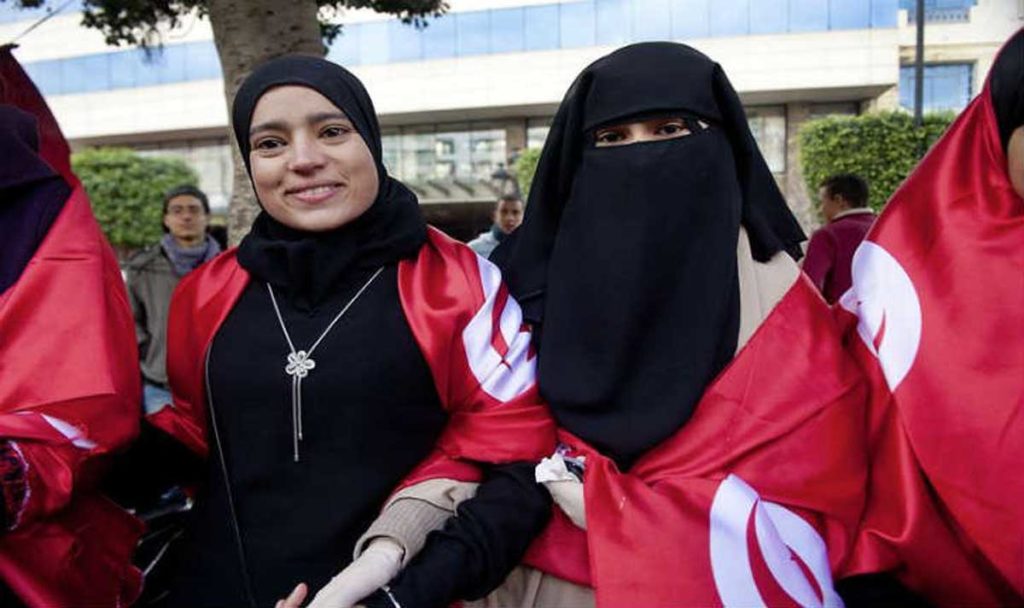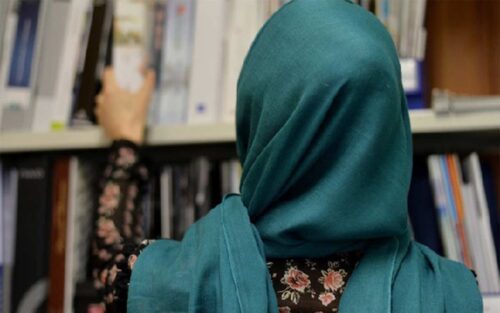Prime Minister Youssef Chahed decided Friday to ban the niqab Muslim face covering for women in Tunisian government offices “for security reasons”, his office said.
According to AFP, Mr. Chahed signed a government circular “forbidding access to government offices and public institutions to anyone with a hidden face.This decision was taken for security reasons.”
It comes in a tense security climate following a double suicide attack perpetrated last Thursday in Tunis. Claimed by the Islamic State (IS) group, the attack left two dead and seven wounded.
In February 2014, the Ministry of the Interior authorized the police to carry out a “reinforced control” of persons wearing the niqab, justifying this measure by the fight against “terrorism”, in particular “because of the use of suspects in the niqab (…) to disguise themselves and run away from justice “.
This outfit was not tolerated under the deposed regime of Zine El Abidine Ben Ali, who ruthlessly suppressed all forms of Islamism, but it has experienced a boom since the revolution of January 2011 and raises the debate between secular political activists and Islamists in particular.
A number of countries have imposed ban against the wearing of niqab in public.
France outlawed citizens wearing any form of face covering in public in 2010, effectively banning the niqab.











